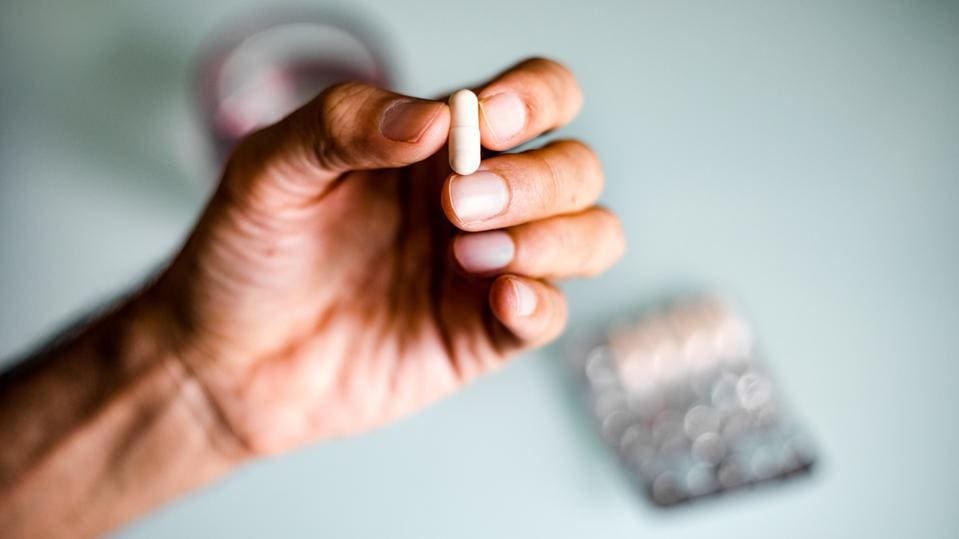[ad_1]
To lose 1 pound of fat, an individual needs to burn 3,500 calories more than their metabolic rate, or the amount of calories a body burns each day. This calorie restriction may stem from creating a calorie deficit by consuming fewer calories, by burning more calories via exercise or a combination of the two.
In general, individuals following a diet and exercise plan for weight loss lose 5% to 10% of their body weight over the course of six to 12 months, says Spencer Nadolsky, D.O., a Maryland-based obesity and lipid specialist and medical director at Sequence, a virtual obesity medicine practice. Someone following a diet and exercise plan alongside using weight management medications may lose between 10% and 20% on average over the same period of time, he adds. However, these outcomes depend largely on an individual’s goals and whether they are following diet and lifestyle plans developed and supervised by an expert in the field.
“Mathematically speaking, the average person needs to create a deficit of around 500 calories per day to lose 1 pound per week,” says Kim Yawitz, registered dietitian and owner of Two Six Fitness in St. Louis. “A 20-pound weight loss [goal within one month] would require a person to eat around 2,300 fewer calories than they burn every single day. This [deficit] would be pretty difficult [to achieve] unless their daily metabolic rate is considerably higher than 2,300 calories,” she explains.
Risks of Rapid Weight Loss
According to the Centers for Disease Control and Prevention (CDC), losing 1 to 2 pounds per week is typically considered safe. Risks of more rapid weight loss include:
- Loss of muscle mass, which can damage the metabolism over time, as well as increase risk of injury and bone health conditions like osteoporosis
- Risk of weight regain, particularly when weight loss occurs rapidly and is not able to be sustained beyond five years
- Nutrient deficiencies, which may potentially lead to malnutrition and related health concerns, such as anemia
- Increased appetite, which can put one at risk for weight regain
- Gallstones, which are small deposits of bile in the gallbladder that cause pain and inflammation
[ad_2]




